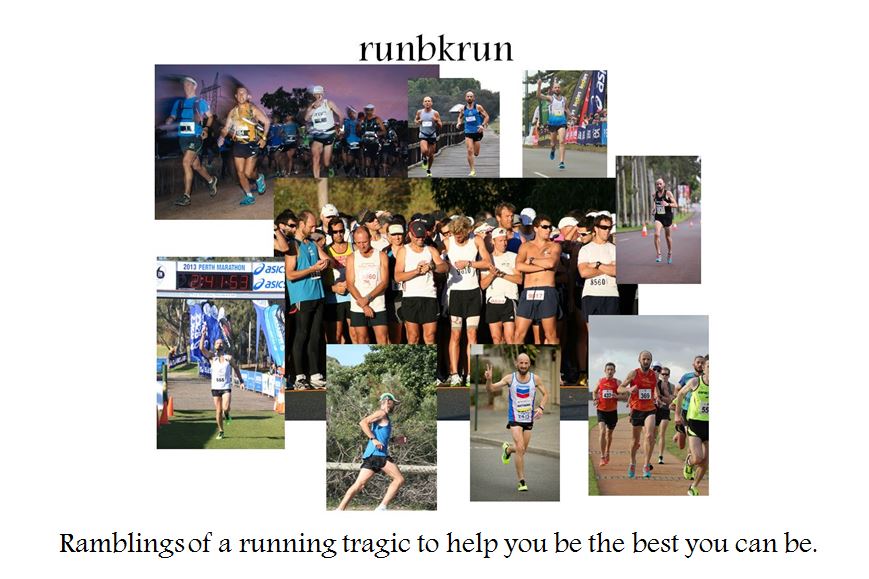THE IMPORTANCE OF REST DAYS
As a runner and with most things in life when I do something I go all in, 100%, and I don’t like to break my routine. I think that most runners feel the same way and would agree that taking a day off from running can sometimes feel like a punishment. I didn’t do a lot right as a collegiate runner and I found out along the way that my body needs rest, sometimes more rest than my running buddy, and that is okay. I’ve learned that a key to successful long-term training is learning how to read your body, understanding what your body needs to train at its highest potential, and then trusting that process and sticking with it. Here are a few tips on how to handle adding rest days as part of your training program.
THE IMPORTANCE OF REST DAYS

